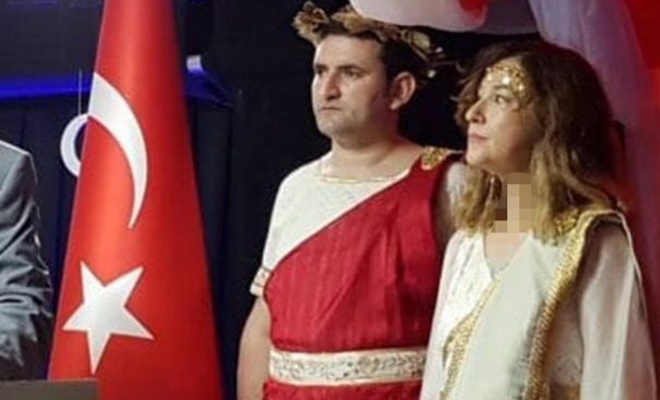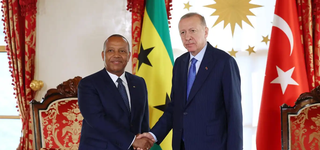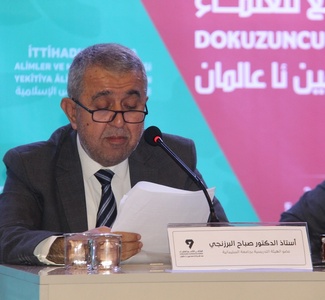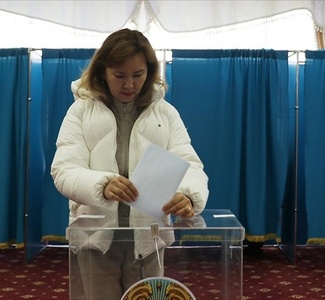What is this about the love for Rome/Byzantine?
"Is it the continuation of Rome/Byzantine?" question came to mind after the Turkish ambassador to Uganda and deputy wore ancient Greek costumes in the reception held on the anniversary of the proclamation of the Republic.

 Google News'te Doğruhaber'e abone olun.
Google News'te Doğruhaber'e abone olun. Turkiye's Ambassador to Uganda Ayse Sedef Yavuzalp and her assistant in ancient Greek clothes on the stage at the anniversary of the proclamation of the Republic reception caused reactions.
Following this incident, Minister of Foreign Affairs Mevlüt Çavuşoğlu announced in his social media account that Ambassador Ayşe Sedef Yavuzalp had been summoned because of her costume.
Historian Mustafa Armağan also made a statement on Monday that a similar event happened during the 10th anniversary of the proclaiming of Republic.
"If the Zonguldak Newspaper shows the Turkish Republic in Roman costume at the 10th [anniversary of the proclamation of the Republic], then this case was with Ankara's construction. Not by chance" said Armağan by sharing the photo of Zonguldak Newspaper headline at that time.
"The message is clear: the Republic is the continuation of Rome/Byzantine, so it is against the Ottoman and Islam," said Armağan and asked: "Otherwise, what is this about the love for Rome/Byzantine?"
The applications after the proclamation of the Republic in 1923 that targeting Muslims; such as abolishing the caliphate in 1924, the abolition of Sharia courts in 1924, the law on unification of education in 1925, the hat law in 1925 and the oppression against Muslims, the abolition of Islamic monastery and Zawiya in 1925, changing the weekend day from Friday to Sunday in 1925, calendar change in 1926, the adoption of numbers in 1926, adoption of Latin [roman] alphabet in 1928, the removal of "the religion of the state is Islam" from the Constitution in 1928, reading Adhan in Turkish language instead of Arabic in 1935, are actually strengthens the thesis that the Republic is the continuation of Rome and Byzantine.
In addition, these practices revealed that when the cadres who founded the Republic had taken power, they rejected the religion of Islam with utter Westernization.
Besides, the founding phase of the Republic is still a subject that has been debated until today.
"Republic was not accepted by a common decision"
As a matter of fact, historian Armağan explained in a TV program that the Republic was not accepted with the alliance and that there were many people who were opposed to the form of the Republic at that time.
"In our books, unfortunately, there are some misconceptions that have come from the official history of the past, which will lead to misunderstanding, they say the Republic was accepted by common decision," said Armağan. "158 of the 289 deputies voted, there were 159 people that day, the remaining 130 were not notified, they were opponents." (Mehmet Sait Çelik, Fırat Arslan - ILKHA)



























































